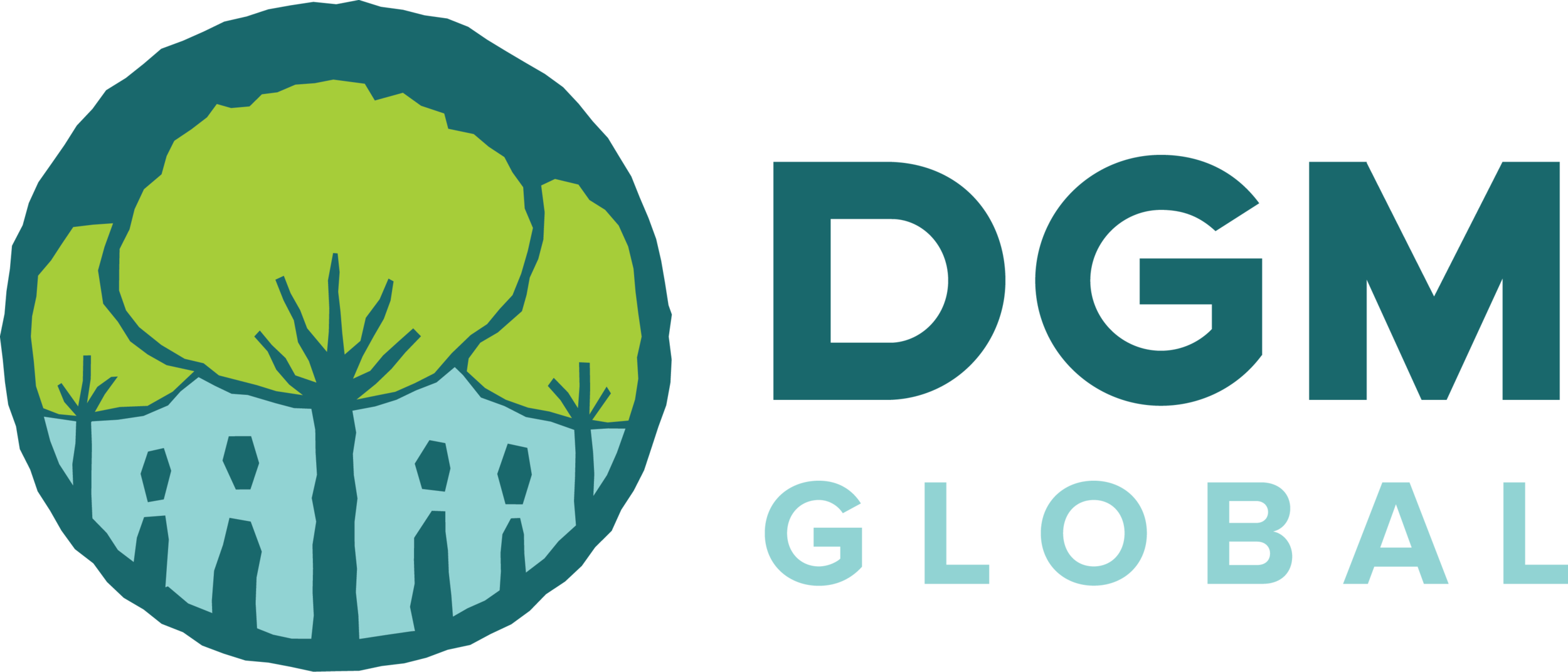Climate Negotiations in 2019
Photo Credit: Luis Barquin-Valle
DGM Global cannot guarantee the accuracy of Google translations. In case of discrepancies, the original language takes precedence.
Contributed by: Luis Barquin-Valle, DGM Global Executing Agency At Conservation International
Where we are now
During the last climate negotiations in Poland, countries achieved significant progress regarding the general rules, procedures, and guidelines needed to make the Paris Agreement operational. The “Katowice Climate Package” includes implementation guidance related to mitigation, adaptation, finance mechanisms, reporting, tracking progress, and capacity building. This year, countries must come to an agreement on the rules for international cooperation through market and non-market mechanisms to achieve the global climate goals, as well as advance important discussions related to agriculture and inclusive participation.
Why does this matter?
The guidelines contained in the Katowice Climate Package prioritize the full implementation of the Paris Agreement at the national level and provide a basis for implementing the agreement as of 2020.
Important topics to follow this year
Voluntary Cooperation on Nationally Determined Contributions (NDCs) through the Transfer of International Mitigation Outcomes
Article 6 of the Paris Agreement establishes a broad framework for voluntary cooperation among Parties in delivering climate action. Parties are currently developing the guidelines for the three approaches through which Parties may interact:
Bilateral or regional cooperative approaches via internationally transferred mitigation outcomes (ITMOs);
A centrally-governed UNFCCC mechanism to contribute to mitigation and support sustainable development; and
Non-market approaches.
Koronivia Joint Work on Agriculture
During SB 50, Parties will hold a workshop addressing two technical topics: “Methods and approaches for assessing adaptation, adaptation co-benefits and resilience,” and “Improved soil carbon, soil health and soil fertility under grassland and cropland as well as integrated systems, including water management.”
Local Communities and Indigenous Peoples’ Platform
At COP 24, countries agreed on the structure of a Facilitative Working Group (FWG) to undertake the work of the LCIP Platform with representation from countries, indigenous peoples and representatives of local communities, upon recognition of the local communities’ constituency. The first meeting of the FWG (14 - 16 June, 2019) was organized in conjunction with SB 50 in Bonn, Germany. The main achievement of this meeting was the preparation of a two-year work plan for implementing the functions of the LCIP Platform for consideration at COP 25.
Photo Credit: Luis Barquin-Valle; Photo of Bonn Cathedral in Bonn, Germany
What does this mean?
This year is important for countries to raise the ambition of their NDCs and natural climate solutions are essential for achieving the agreed global goals.
In that sense, according to some experts, emission reductions from natural climate solutions are currently the largest source of untapped, cost-effective mitigation opportunities.
On the other hand, the progress and work achieved through the Local Communities and Indigenous Peoples Platform sets a precedent on the importance of the full and effective participation of non-state actors in relation to climate ambition and Parties accountability towards achieving climate goals.
Want to learn more?
Check the following:


